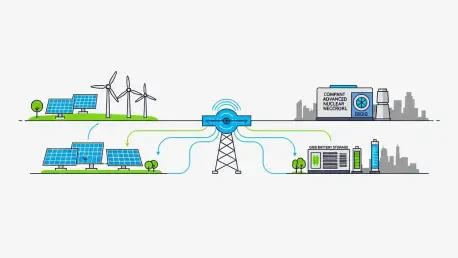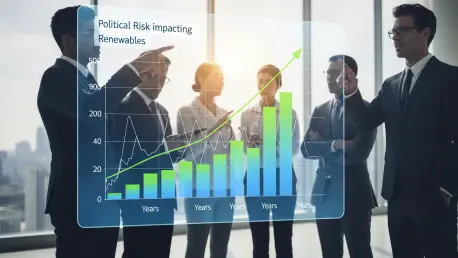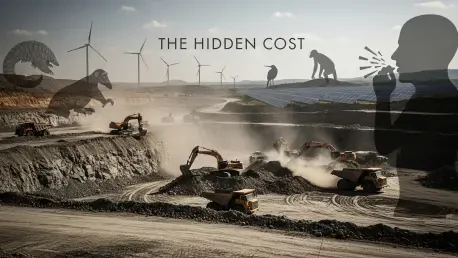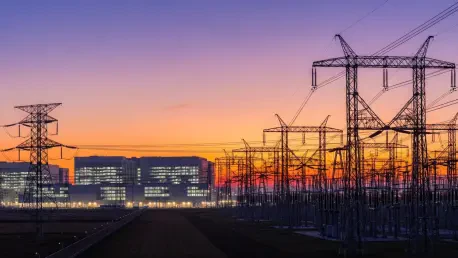
A substantial investment by Lunt Capital Management has thrust Ramaco Resources into the spotlight, signaling a powerful vote of confidence not just in the company's current operations but in its ambitious and transformative future. The recent acquisition of nearly 500,000 Class A shares and over

A Legislative Showdown Defines America’s Energy Future In a striking display of legislative independence that signals a profound divergence in national priorities, Congress has passed a new appropriations bill that directly counters the White House's proposed deep cuts to renewable energy research.

The clean energy revolution is no longer just being fought in laboratories and boardrooms but increasingly in courtrooms, where the future of multi-billion-dollar projects hangs in the balance of judicial rulings. The global transition to renewable energy is not just a technological challenge but

The gleaming solar panels and silent electric vehicles powering the global shift toward sustainability are built upon a foundation dug deep from the earth, and a comprehensive new study reveals this foundation is quietly cracking under immense, unregulated pressure. While public attention focuses

The United States power sector has arrived at a critical inflection point, a year of reckoning where the immense and often contradictory pressures of policy, market forces, and technological evolution are forcing a dramatic re-evaluation of the industry’s future. An unprecedented surge in projected

The intricate web of industrial control systems that quietly powers modern civilization has become a prime target for cyber adversaries, prompting a landmark international response to fortify these often-overlooked digital backbones. This new guidance represents a collective agreement on the
1 2 3 4 5 6 7 8 9 10 11 12 13 14 15 16 17 18 19 20 21 22 23 24 25